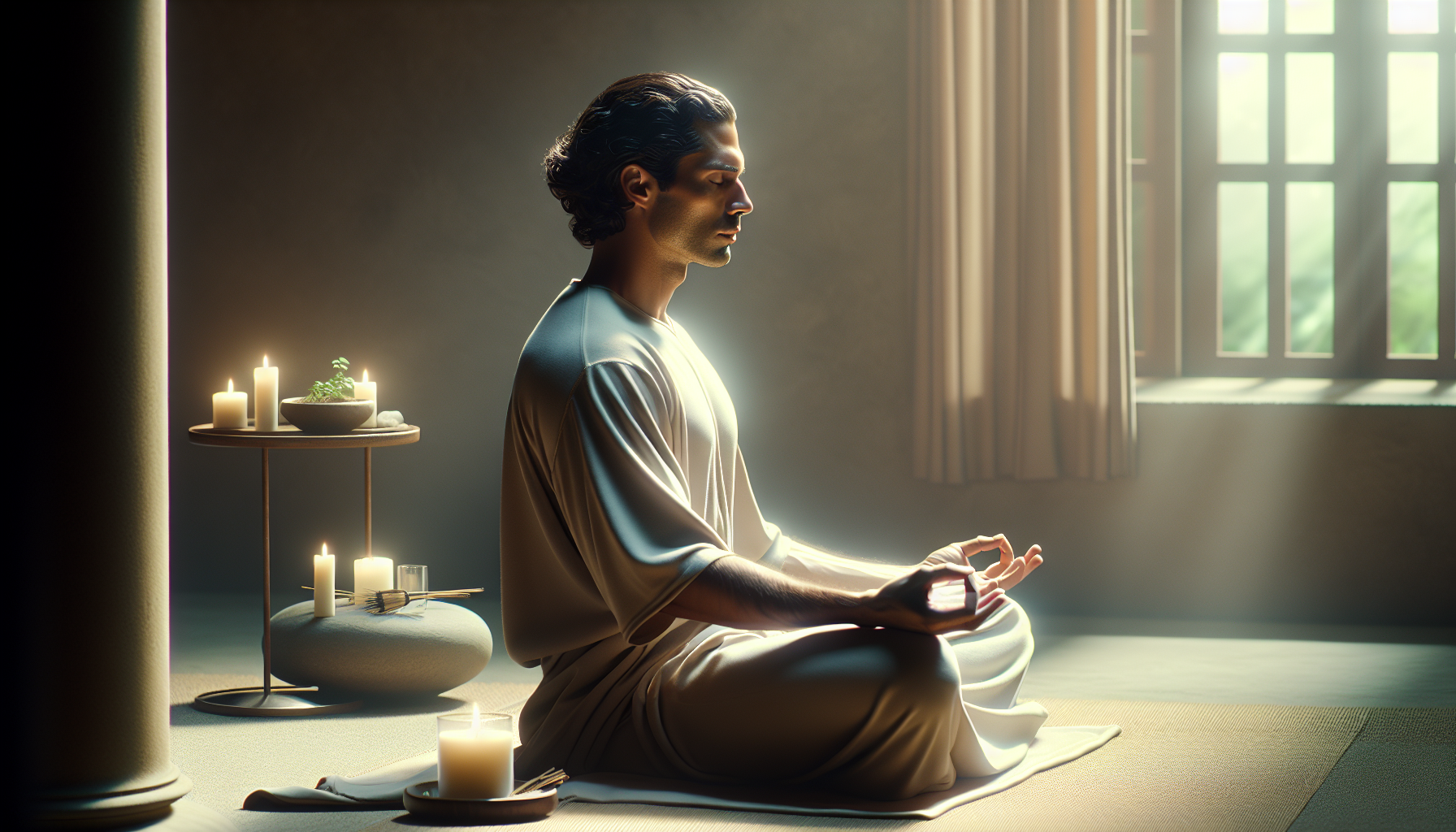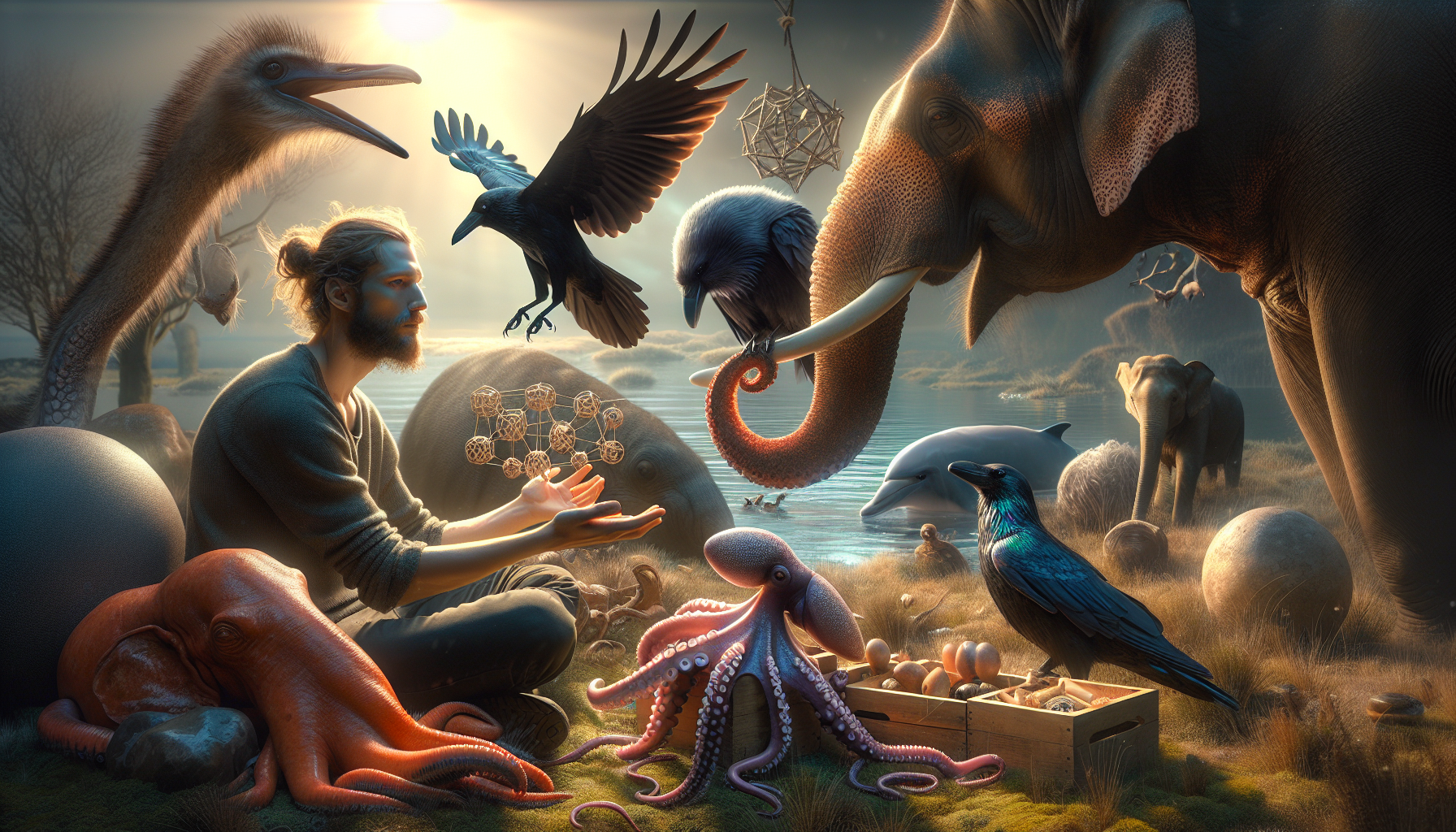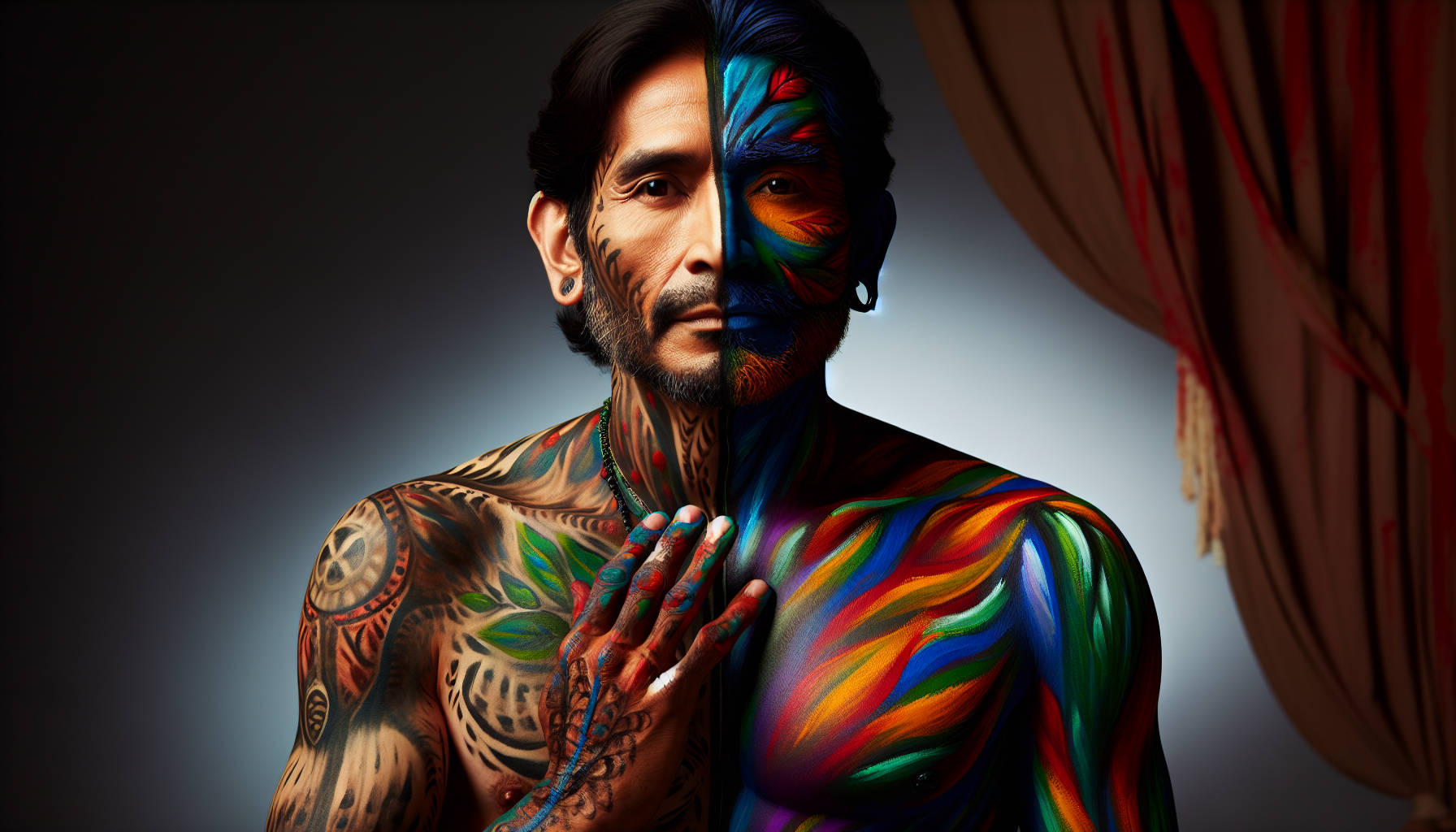In a world where technology often races ahead of our senses, there remains a powerful yet understated key to unlocking our deepest memories: the sense of smell. Imagine walking into a room and being enveloped by the delicate aroma of fresh-baked cookies, instantly transporting you back to your grandmother’s cozy kitchen, where love was measured in sprinkles of flour and cups of sugar. Or perhaps you catch a whiff of salt and seaweed on a breezy afternoon, and suddenly you’re a child again, digging your toes into the warm sands of a sunlit beach. Scents have this magical ability to act as time machines for the mind, weaving past and present into a seamless tapestry of emotions and recollections. This article delves into the fascinating world of olfactory nostalgia, exploring how perfumes and scents can serve as powerful conduits to our most cherished memories. 🌸
The connection between scent and memory is not just poetic but deeply rooted in science. Our olfactory system is intricately linked to the limbic system, the part of the brain responsible for emotion and memory. This means that when you inhale a particular fragrance, it can trigger an emotional response or memory more rapidly and vividly than any of the other senses. Throughout this article, we will explore the psychological and physiological mechanisms that enable scents to evoke such strong memories and emotions. We will also delve into personal stories and expert insights that illustrate the profound impact scents have on our lives. Whether it’s the smell of a particular cologne that reminds you of a first love, or the earthy scent of rain that recalls childhood adventures, these olfactory triggers have a unique power to bring the past to life.
Join us as we embark on this aromatic journey, where we will not only explore the science behind scent and memory but also uncover the cultural significance of perfumes throughout history. From ancient civilizations that harnessed the power of fragrances in rituals and daily life to modern-day uses in therapy and marketing, the role of scent has evolved but remains as potent as ever. We will also provide tips on how to curate your personal scent library, helping you to consciously create new memories while honoring the old. By understanding and embracing the connection between scents and memories, we can enrich our daily lives, enhance our emotional well-being, and perhaps even unlock parts of ourselves we thought were lost to time. Prepare to discover how the simple act of inhaling can open doors to moments you hold dear, offering a fragrant bridge to the stories that make you who you are. 🌿
The Connection Between Scents and Memories
The power of scent to evoke memories is a phenomenon deeply embedded in the human psyche. This connection is not just anecdotal; it has a biological basis rooted in the brain’s structure. The olfactory bulb, which processes smells, is directly linked to the amygdala and hippocampus, the regions of the brain involved in emotion and memory. This direct connection explains why a whiff of a certain perfume can instantly transport us back to a specific moment in time, be it a first date, a childhood home, or a cherished vacation.
Research has shown that scents can trigger memories more effectively than other sensory cues. Unlike visual or auditory stimuli, which are processed by the thalamus before reaching the memory centers of the brain, scents have a more direct pathway. This immediacy may explain why scents are often associated with more vivid and emotional memories. Studies indicate that people can recall memories associated with smells with greater clarity and detail, sometimes even decades after the event.
Moreover, the emotional intensity of scent-triggered memories is notable. Because the olfactory bulb is part of the limbic system, which is the emotional center of the brain, scents often elicit emotional responses. This is why a specific fragrance can bring tears to your eyes or make you smile without any conscious effort. The emotion-memory link is a key reason why perfumes and fragrances are such powerful tools for unlocking nostalgia and reliving past experiences.
How Perfumes Capture Moments
Perfumes are uniquely positioned to capture and evoke memories because they are crafted to create distinct olfactory signatures. These scents can encapsulate the essence of a moment in time, acting as a vessel for memories. When a person wears a particular perfume during significant life events, the scent becomes intertwined with the emotions and experiences of those moments, creating a lasting memory trigger.
The art of perfumery involves selecting and combining specific aromatic ingredients to produce a desired effect. Each component of a fragrance contributes to its overall scent profile, which can be fresh, floral, spicy, woody, or a combination of several notes. This complexity allows perfumes to evoke multifaceted memories and emotions. For instance, a perfume with citrus notes might remind someone of a sun-drenched beach vacation, while a floral scent could bring back memories of a spring wedding.
To further illustrate how perfumes capture moments, consider the following table that highlights different scent families and their common memory associations:
| Scent Family | Common Memory Associations |
|---|---|
| Citrus | Summer vacations, morning routines, fresh starts |
| Floral | Weddings, romantic encounters, gardens in bloom |
| Woody | Nature hikes, cozy winter evenings, campfires |
| Spicy | Exotic travels, holiday celebrations, warm gatherings |
The Science Behind Scent-Triggered Nostalgia
Understanding the science behind scent-triggered nostalgia involves delving into the intricate workings of the human brain. Neuroscience has provided insights into how scents are processed and how they interact with memory and emotions. When a scent enters the nose, it binds to olfactory receptors, which send signals to the olfactory bulb. From there, the information travels directly to the brain’s memory and emotional centers, bypassing the thalamus, which is typically the brain’s relay center for sensory information.
This direct route is what makes scents so powerful in triggering memories and emotions. The amygdala, which is associated with emotion, and the hippocampus, which is crucial for memory formation, work together to create a strong link between a scent and a particular memory. This connection is often so robust that even a faint trace of a familiar scent can bring back a flood of memories and emotions, vividly and intensely.
For more on the science behind this fascinating topic, check out this informative video: “The Power of Scent: How Smells Trigger Memories” by BrainCraft.
Ways to Harness the Power of Perfumes for Memory
Harnessing the power of perfumes to unlock memories can be a deliberate and rewarding practice. By choosing and using scents with intention, individuals can create new memories and strengthen existing ones. Here are some strategies to use perfumes for memory enhancement:
- Designate a Signature Scent for Milestones: Select a specific perfume to wear during significant life events. This practice will create a strong association between the scent and the memory of the event.
- Create a Scent Wardrobe: Curate a collection of perfumes, each representing different aspects of your life or different moods. This way, you can use specific scents to evoke memories or set the tone for your day.
- Use Scent to Relieve Stress: Apply calming scents like lavender or chamomile to help alleviate stress and anxiety. The soothing aroma can trigger a sense of peace and relaxation, creating a memory of tranquility.
- Experiment with Layering: Combine different perfumes to create unique scent blends that are personal to you. This can help reinforce the memory of a particular time or place.
- Journal Your Scent Experiences: Keep a diary of your experiences with different perfumes, noting how each scent makes you feel and what memories it evokes. This practice can enhance your awareness of scent-memory connections.

Conclusion
In our exploration of how scents can unlock memories and evoke nostalgic moments, we have delved into the fascinating connection between our sense of smell and the brain’s memory centers. This intricate relationship highlights how certain fragrances can transport us back in time, conjuring vivid memories and emotions from our past. Throughout the article, we discussed how the olfactory bulb, which is directly linked to the limbic system, plays a crucial role in this process. This connection is responsible for the immediate and often powerful reactions we experience when encountering familiar scents.
The article also examined various studies that have demonstrated the profound impact of smells on memory recall. For instance, research has shown that certain scents can enhance mood, reduce stress, and improve overall well-being. We explored the potential applications of these findings in therapeutic settings, such as using aromatherapy to aid in memory recovery for individuals with cognitive impairments or emotional traumas.
Moreover, we highlighted the cultural and personal significance of scents, illustrating how they are woven into our daily lives and traditions. From the comforting aroma of a grandmother’s kitchen to the invigorating scent of a beloved perfume, these olfactory cues serve as powerful anchors to our personal histories and identities. The universal nature of scent-triggered nostalgia reminds us of our shared human experiences, transcending cultural and linguistic boundaries.
The importance of this topic cannot be overstated. In a world where technology and modern conveniences often distance us from our sensory experiences, reconnecting with the power of scent offers a simple yet profound way to enrich our lives. By paying attention to the fragrances that surround us, we can tap into a reservoir of memories and emotions, fostering a deeper understanding of ourselves and those around us.
As we conclude, I encourage you to explore the scents that are meaningful to you. Reflect on the memories they evoke and consider how they shape your personal narrative. Whether it’s through creating a personalized scent library, experimenting with new fragrances, or simply taking a moment to savor the aromas of everyday life, embracing the power of perfume can lead to a more mindful and connected existence.
Feel free to share your experiences and insights in the comments below. How have scents played a role in your life, and what memories do they evoke for you? By engaging in this conversation, we can learn from each other and deepen our appreciation for the extraordinary power of our sense of smell.
For further reading on the science behind scent and memory, you can explore resources such as Scientific American and Psychology Today, which provide deeper insights into the neuroscience of olfaction.
Let this journey inspire you to embrace the sensory world around you, and may the scents you encounter continue to evoke cherished memories and create new ones. 🌸🌿
Toni Santos is a visual storyteller and cognitive explorer whose work delves into the mental landscapes of ancient cultures—revealing how different civilizations perceived reality, memory, and meaning long before modern psychology existed. Through symbolic imagery and narrative inquiry, Toni brings to life the divergent ways of thinking that shaped lost worlds.
His creative path is guided by a fascination with non-linear logic, oral cosmologies, and the mythic frameworks that once guided decision-making, emotion, and identity. From memory temples carved in stone to visual languages encoded in textiles, every piece Toni creates reflects the vast cognitive diversity of the human story.
With a foundation in visual design and cultural semiotics, Toni blends analytical depth with artistic expression. His work goes beyond historical reconstruction—it reawakens the embodied, intuitive, and ritual-based intelligence of ancient minds, inviting us to question the assumptions of modern thought.
As the mind behind Vizovex, Toni curates visual studies, essays, and immersive content that explore forgotten epistemologies—ways of knowing that connected people to myth, land, and each other in profoundly different ways.
His work is a tribute to:
The symbolic intelligence of pre-modern cultures
The neural diversity embedded in ancient rituals and storytelling
The deep memory systems that shaped identity and perception
Whether you’re a researcher, an artist, or a seeker of hidden wisdom, Toni invites you to enter a space where cognition is culture, and where the past speaks through signs, cycles, and symbols—one myth, one memory, one mind at a time.





